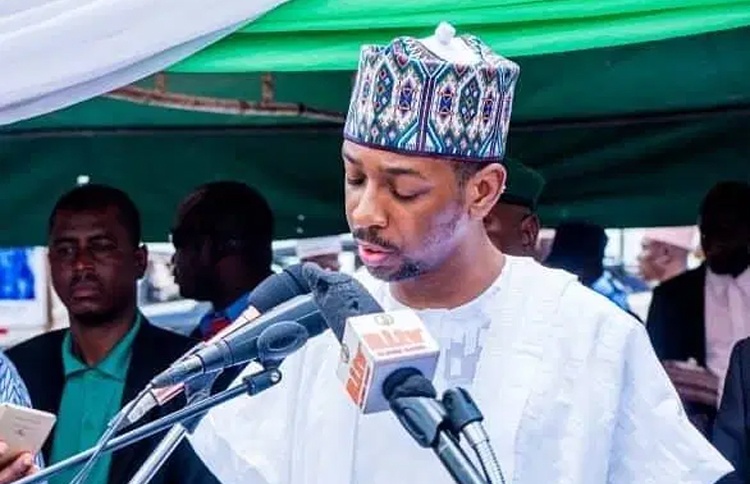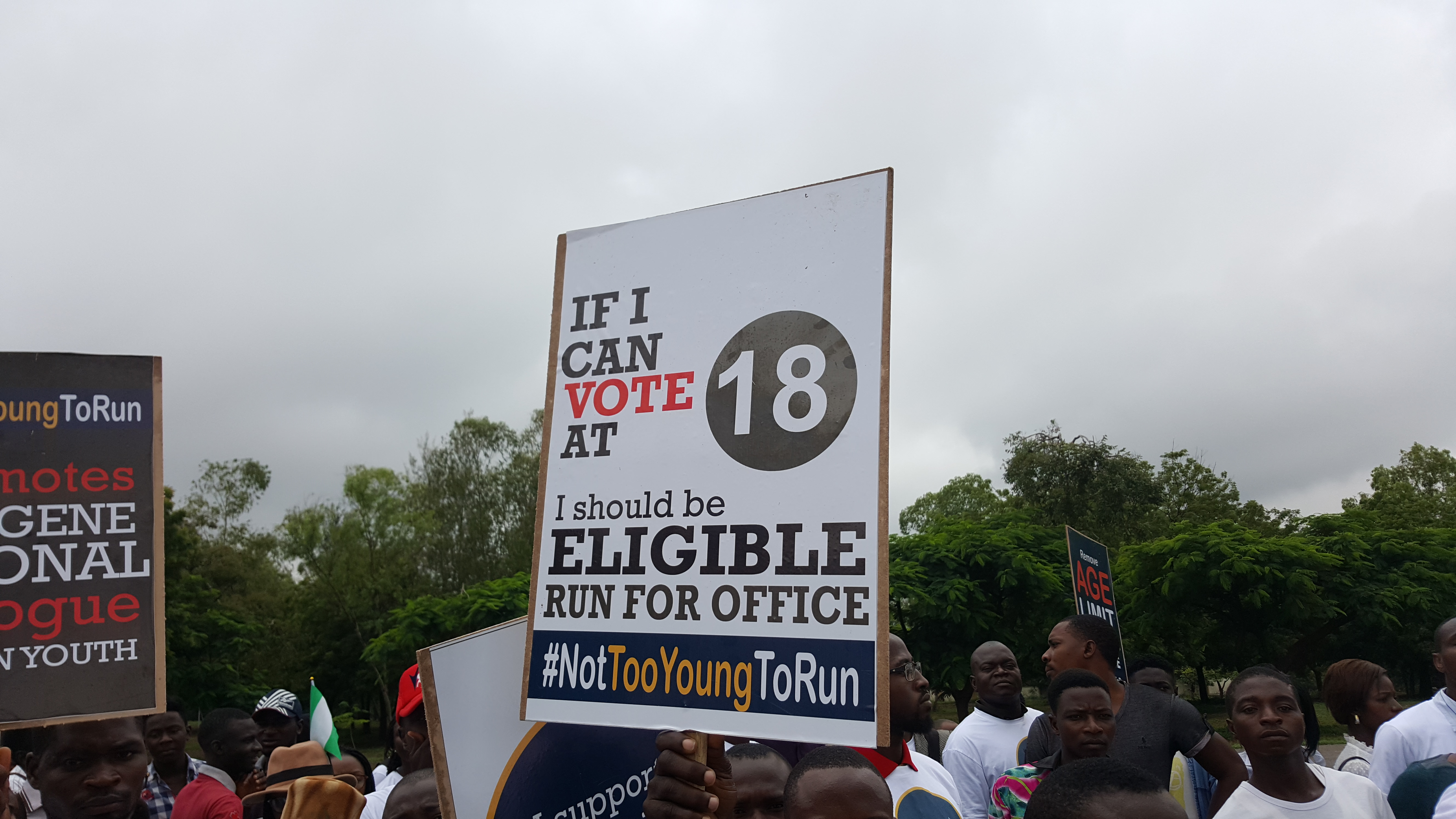ASUU suspends 9-month-old strike
BY CHRIS GYANG
That Nigeria’s public universities’ lecturers decided to start yet another strike action may not be entirely fortuitous. The signs have been there all along. Except that the government deliberately refused to listen to them.
And the fact that it fell on the day the world, especially the youth, is celebrating Valentine’s Day, a day of love, says a lot about the dark humour that has become the reality of the very being of our citizens. Consider this; on the day when most of our youth in universities are celebrating this one occasion that gives them some form of happiness in a country full of sorrow, indefinite strike action is slammed on their institutions for no fault of theirs. Neither is it the fault of their long-suffering lecturers.
This is also a glaring testimony to the degradation of the lives and future of our teeming youth who make up more than 65% of our population. While emphasising the need for the strike, the lecturers explained that they were compelled to take this action because education “holds the key to our collective prosperity and better future for our children and our children’s children; so let’s work together to fix it.”
Advertisement
The symbolism of what has happened should not be lost on Nigerians – both parents and the youth themselves. It must serve as a poignant reminder of the low state our educational system has sunk. The elementary and secondary levels are not spared this continuous rot and decline.
It has been said that this dysfunctionality hardly spares other sectors of our national life. One of the reasons for this is that the political class is so engrossed in the contention for 2023 that it has pushed education to the fringes of critical national policy and discourse.
Once upon a time, student pressure groups such as the National Association of Nigerian Students (NANS) were in the vanguard of protecting the rights of ordinary Nigerians. This was more so in safeguarding the country’s educational system – even against the most vicious military dictatorships. Sadly, such students’ unions have today been inexorably sucked into the personality cults executing the selfish agenda of the same political elite that have rendered the university system comatose.
Advertisement
Well, some of these university students may have found this to be the most viable option for survival in today’s Nigeria where politics is the most lucrative business. But, sadly, it’s this survivalist instinct of the youth that is killing Nigeria’s educational system.
Only last week, the house of representatives was working towards enacting a law against the rising wave of ritual killings in the country. Surprisingly, the honourable parliamentarians failed to see the link between this bloody national menace and the abject neglect of our country’s educational system. They do not understand that there is a connection between the fact that Nigeria has the highest number of out-of-school children in the world and some of the most gruesome acts of murder and criminality, even terrorism, in the country.
Last December, when the United Kingdom placed a travel ban on Nigerians due to the outbreak of the Omicron variant of the coronavirus in South Africa, the national assembly strongly opposed it until it was lifted. The members were afraid that their plans for an end-of-year vacation in the UK would be disrupted.
However, during all of these months that the public university lecturers were pleading with traditional, social, and other institutions and public-spirited individuals to make the Buhari government meet their just and long-standing demands, their supplications were met with complete silence, to say the least.
Advertisement
The truth of the matter is that once a country’s educational system is relegated to the fringes of public policy, the energies of its youth would be channeled to counter-productive, egregious vocations. Ultimately, this will have a drawback on the overall development of the country. This is the truth the Buhari administration has refused to accept all this while.
As long as the government continues to see a disconnect between the general rising wave of criminality in Nigeria and its deliberate acts of neglecting the public university system, we shall continue to wallow in these vicious circles of ASUU strikes and their attendant consequences on the overall progress of the country. Then where would we be headed in this 21st century where the youth are the main drivers of scientific innovation and progress?
Now, for those who may not know, the English translation of the Hausa name of the Islamist jihadi terrorist group, Boko Haram, is: “Western education is forbidden”. Critics of the Buhari administration have suggested that it may be surreptitiously aiding this group’s agenda in the educational sector.
It is worthy of note that in its statement announcing the commencement of its comprehensive and total strike action, ASUU also declared that Isa Ali Pantami’s professorship recently awarded by a Nigerian university was ‘illegal’. Pantami, one of Buhari’s closest allies, is the minister of communication and digital economy. He has been fingered as a one-time apologist of the Al-Qaeda Islamist terrorist organisation.
Advertisement
By the way, a black rose in our context here symbolizes death and mourning. It’s this toxic flower that the Buhari administration offered Nigerian youth and their parents on Valentine’s Day through this strike he forced ASUU to commence.
Gyang is the chairman of Journalists Coalition for Citizens’ Rights Initiative (JCCRI). He can be reached via [email protected], [email protected]
Advertisement
Views expressed by contributors are strictly personal and not of TheCable.
Add a comment






